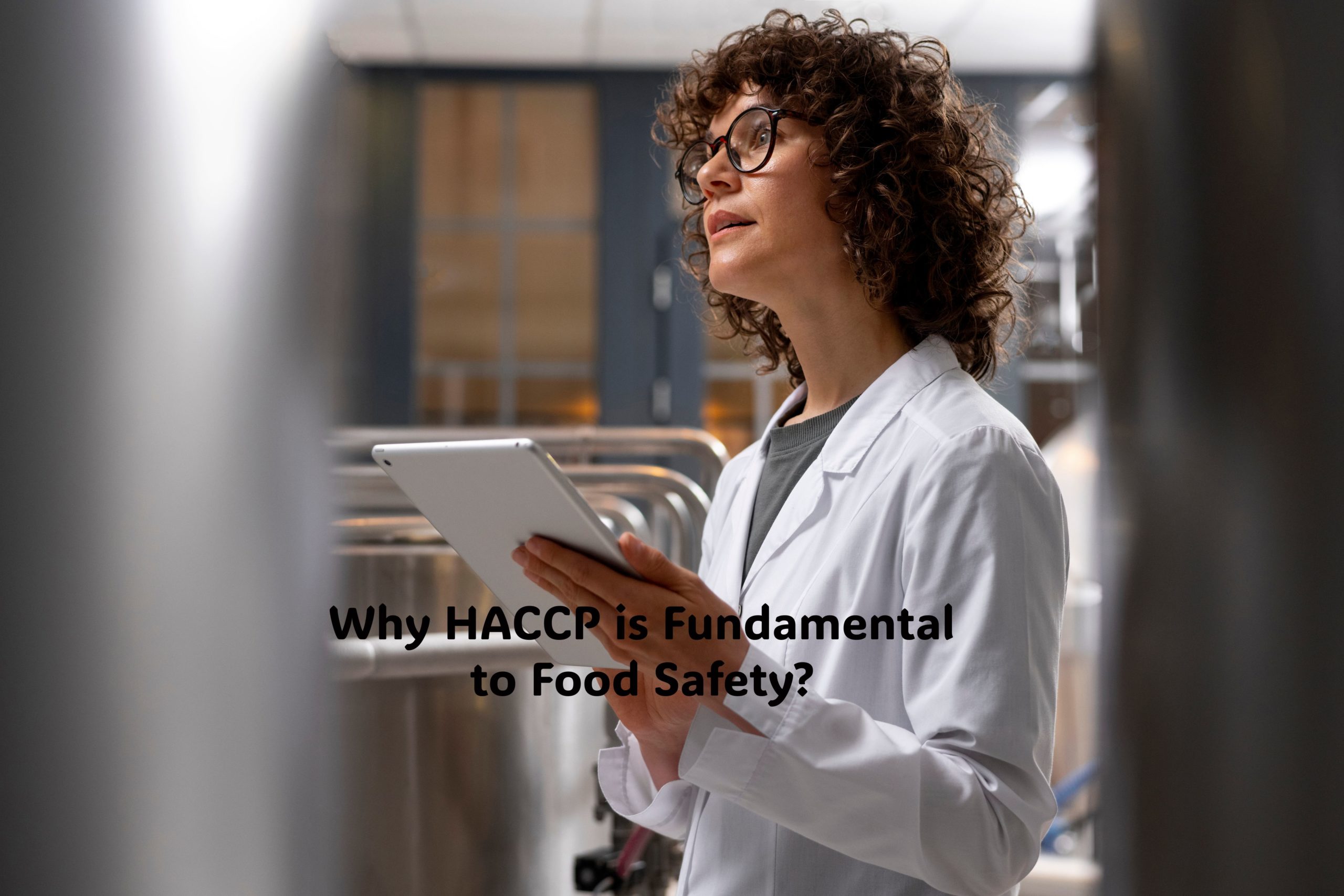In the realm of food safety, one term stands out as a cornerstone of ensuring the quality and integrity of the food we consume: HACCP, which stands for Hazard Analysis and Critical Control Points. While it might sound like just another bureaucratic acronym, HACCP is, in fact, a powerful tool designed to safeguard our health and well-being. Let’s delve into why HACCP is fundamental to all aspects of food production and consumption.
- A Preventive Approach to Food Safety
Traditionally, food safety measures relied heavily on end-product testing. However, this reactive approach often meant that issues were only discovered after the fact, potentially leading to widespread contamination and illness outbreaks. HACCP, on the other hand, takes a proactive stance by identifying and addressing potential hazards throughout the entire food production process. By pinpointing critical control points where hazards can be controlled or eliminated, HACCP helps prevent problems before they occur, rather than simply reacting to them afterward.
- Tailored to Specific Processes
One of the key strengths of HACCP lies in its adaptability to different food production processes. Whether you’re dealing with meat, dairy, seafood, or any other food product, the principles of HACCP remain the same but can be tailored to suit the specific risks and challenges inherent to each industry. This versatility makes HACCP applicable across a wide range of food-related sectors, from small-scale artisanal producers to large-scale industrial manufacturers.
- Global Recognition and Adoption
In an increasingly interconnected world where food products traverse borders with ease, having a universally recognized standard for food safety is crucial. HACCP has gained widespread acceptance and adoption across the globe, with many countries requiring food businesses to implement HACCP-based systems as part of their regulatory requirements. This global recognition not only helps ensure consistency and harmonization in food safety practices but also instills confidence in consumers, knowing that the food they consume meets rigorous safety standards regardless of its origin.
- Continuous Improvement and Adaptation
Food safety is not a static concept; it requires ongoing vigilance and adaptation to evolving threats and challenges. HACCP embraces this ethos by emphasizing the importance of continuous monitoring, verification, and reassessment of food safety practices. By regularly reviewing and updating HACCP plans in response to new information or changes in processes, food businesses can stay ahead of emerging risks and maintain the highest standards of safety and quality.
- Consumer Confidence and Trust
At its core, the ultimate goal of HACCP is to protect consumers from food borne illnesses and hazards. By adhering to HACCP principles, food businesses demonstrate their commitment to producing safe and wholesome products, thereby earning the trust and confidence of consumers. In an era where consumers are increasingly discerning about the origins and safety of their food, HACCP provides a tangible assurance of quality and reliability.
In conclusion, HACCP is not just another regulatory requirement—it is a fundamental framework that underpins the entire food industry’s efforts to ensure the safety and integrity of the food supply. By taking a preventive, systematic, and science-based approach to identifying and controlling hazards, HACCP helps safeguard public health, promote consumer confidence, and uphold the reputation of the food industry as a whole.
The Story of a Cheese Factory
Imagine a cheese factory where they make all kinds of delicious cheeses. They use HACCP to make sure their cheese is safe to eat. They check the milk when it arrives, they clean the equipment thoroughly, and they keep the cheese at the right temperature as it ages. One day, they notice something strange in the milk they’re using. Instead of waiting for someone to get sick, they use their HACCP plan to figure out what’s wrong. They find out that the milk came from a cow that was sick, so they stop using it right away. Thanks to HACCP, they catch the problem before it turns into a big disaster, and their cheese stays safe for everyone to enjoy.
So, the next time you pick up something to eat, remember the work that goes into keeping it safe. Thanks to HACCP, you can enjoy your food with confidence, knowing that it’s been carefully looked after every step of the way.
Assured Food Safety Consulting’s certified SQF Consultant and Lead HACCP instructors have been helping food businesses since 2022. We provide food safety plan creation services and HACCP/GFSI training services. If you require assistance with your HACCP plan or SQF program, Contact us at info@assuredfoodsafety.ca to request a quote.


